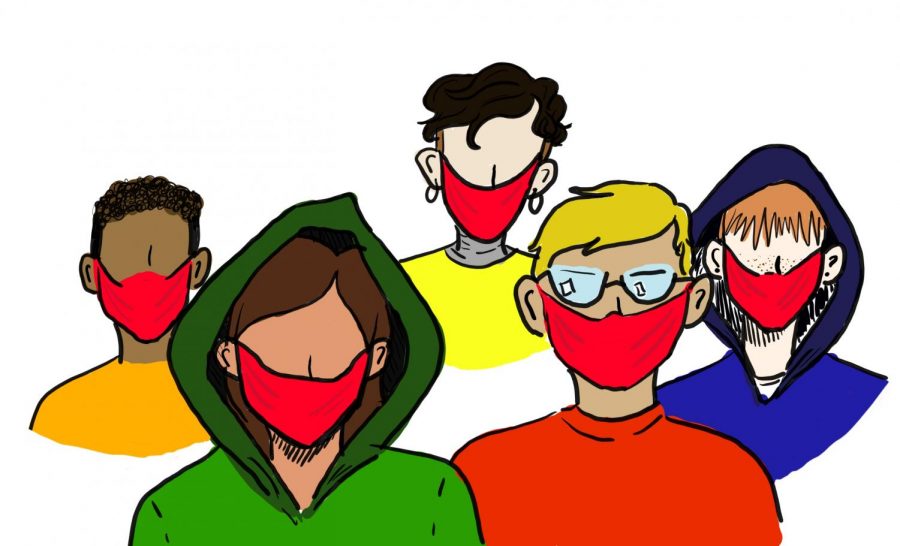WKU halts travel to China due to coronavirus
February 4, 2020
Amid global concerns about the spreading coronavirus, WKU has halted travel to China.
At the Jan. 31 Board of Regents meet- ing, regents asked if WKU students were currently studying in China while the outbreak was happening. Bob Skipper, director of media relations, later said three WKU Chinese Flagship students are studying in China for an internship. The students are returning to the United States on Feb. 4 because of the break.
Skipper said the Institute for International Education is responsible for the students’ travel along with any other U.S. students in the Chinese Flag- ship Program. He added all students returning from China have completed their classwork and are not required to return to WKU campus.
The virus, named after its crown-like appearance, began in Wuhan, China, in the Hubei province in December, according to the Centers for Disease Control and Prevention. Early cases suggested the virus was transmitted animal-person in a seafood and live animal market.
Symptoms are similar to those of a flu or cold, and the severity of the virus is not fully understood, according to the CDC. Still, it was labeled a “very serious public health threat.”
Those traveling from the Hubei province where the virus originated have been placed on mandatory quarantine for up to two weeks, as reported by CBS. Skipper said the students were not in that area and are not subject to a mandatory quarantine. They will be checked when entering the U.S. and may be asked to self-monitor their symptoms over the next two weeks.
Currently, Skipper said there is a level four travel warning from the federal government for travel to China. He said WKU policy is to not send students to any country with a level three or four travel warning.
The Emergency Management Group is monitoring the situation with Global Learning and other entities. Skipper said there has been a provision for dealing with outbreaks in place since the SARS outbreak in 2002.
“Exactly what steps we’ll take will be determined by the situation, but we are monitoring it and prepared to take ac- tion if needed,” Skipper said.
Anyone who enters the U.S with flu-like symptoms and says they have been to China or have been in contact with someone who recently traveled there will be sent to the health department for extended testing to determine if they have the coronavirus. From there, Skipper said the health department takes over to make sure the virus does not spread and people are made aware.
While the health department has more control over situations like virus outbreaks and prevention, Skipper said WKU can promote health precautions
and preventative habits like hand washing and covering your mouth when you cough or sneeze.
“Everyone can take the same precautions and prevent the spread of several things including coronavirus, flu and other viruses,” Skipper said.
Last week, Steve Ray, director of Campus Recreation and Wellness, sent an email addressing the outbreak in China and the concern some may have at WKU.
Partnered with WKU Health Services, WKU developed a website with basic questions and information relating to the virus and prevention.
In an interview, Ray said there were no reported cases in Kentucky or the surrounding region, and the website was developed as a precautionary measure. Over time, he said the website will be kept alive. If the situation rises to a new level, he said they will keep the campus updated.
As of Sunday, Feb. 2, there were 17,205 confirmed cases of coronavirus in China and 361 deaths, according to The New York Times. The virus has spread to 27 countries including the U.S. where there are 11 confirmed cases in five states. The closest state with a confirmed case is Illinois, according to the CDC.
On Jan. 31, the U.S. suspended entry to any immigrant and nonimmigrant who travelled to China 14 days before attempting entry, according to a White House document. Additionally, increased entry screening was implemented at five U.S. airports where the majority of Wuhan travelers arrive.
During fiscal year 2019, more than 14,000 people came to the United States from China daily, according to the document.
Editor-In-Chief Rebekah Alvey can be reached at rebekah.alvey660@topper.wku.edu.















